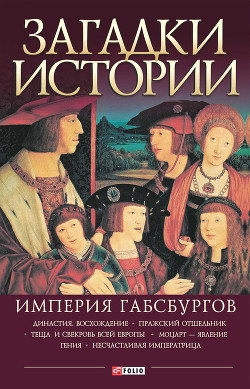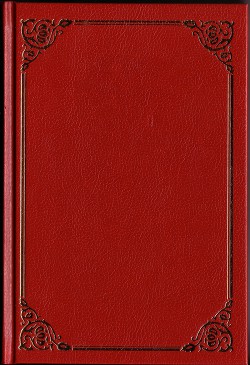Traditions of War examines wars and military occupation, and the ideas underlying them. The search for these ideas is conducted in the domain of the laws of war, a body of rules which sought to regulate the practices of war and those permitted to fight in it. This work introduces three ideologies: the martial, Grotian, and republican. These traditions were rooted in incommensurable conceptions of the good life, and the overall argument is that thesedifferences lay at the heart of the failure fully to resolve the distinction between lawful and unlawful combatants at successive diplomatic conferences of Brussels in 1874, the Hague in 1899 and 1907, and Geneva in 1949. Based on a wide range of sources and drawing on a plurality of intellectual disciplines, thisbook places these diplomatic failures in their broader social and political contexts, bringing out ideological continuities through an illustration of the social history of army occupation in Europe and resistance to it.




















